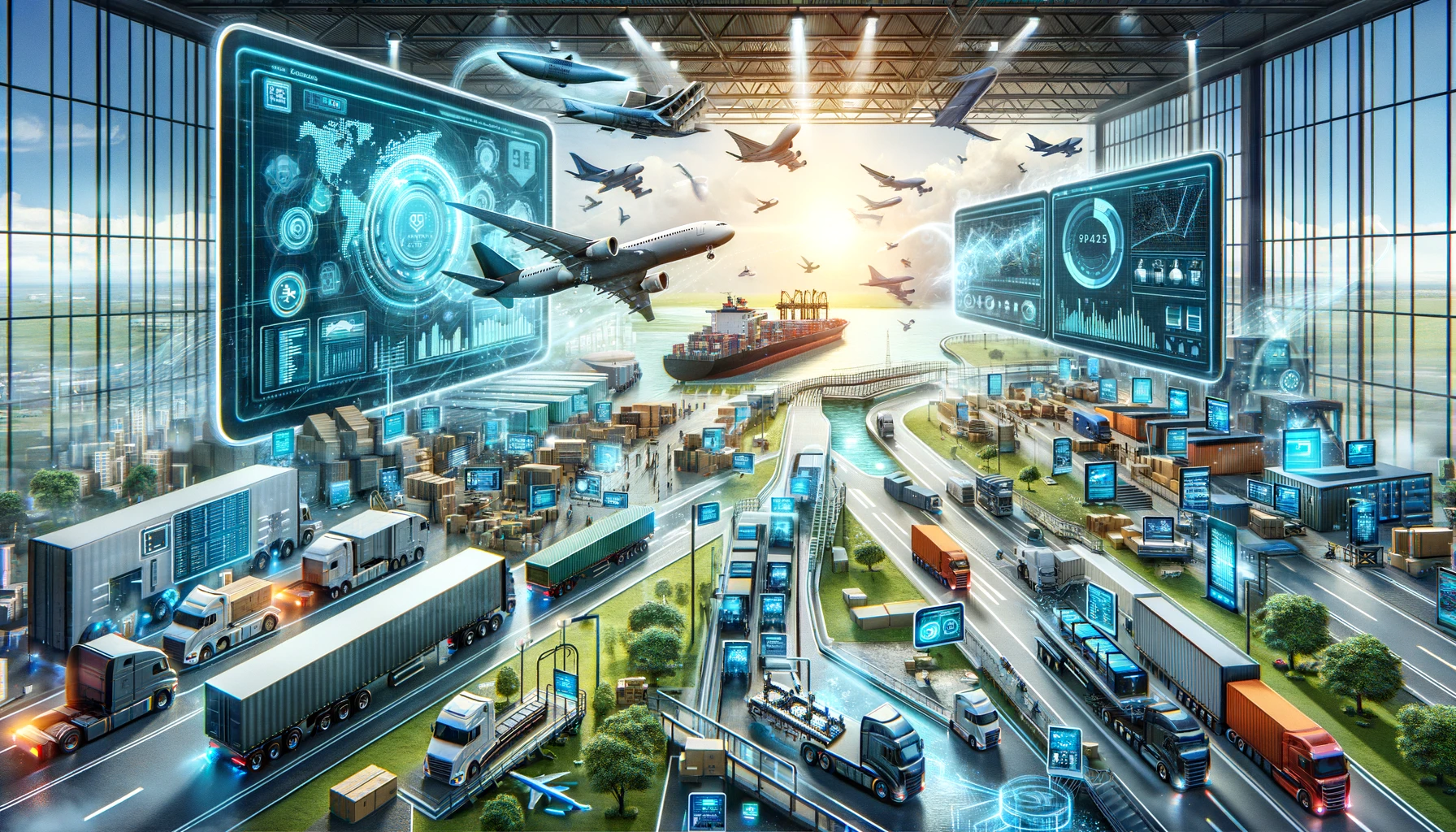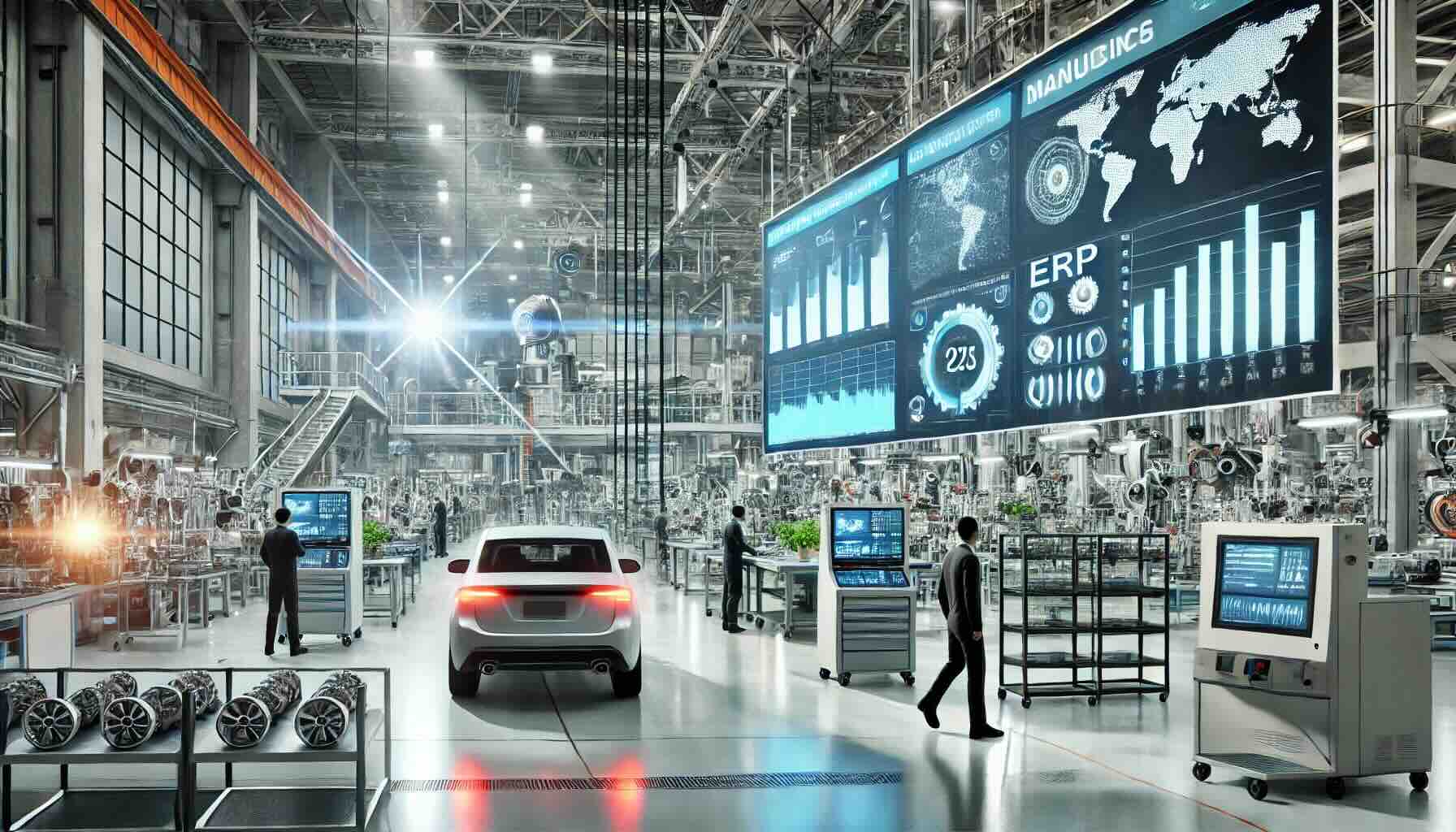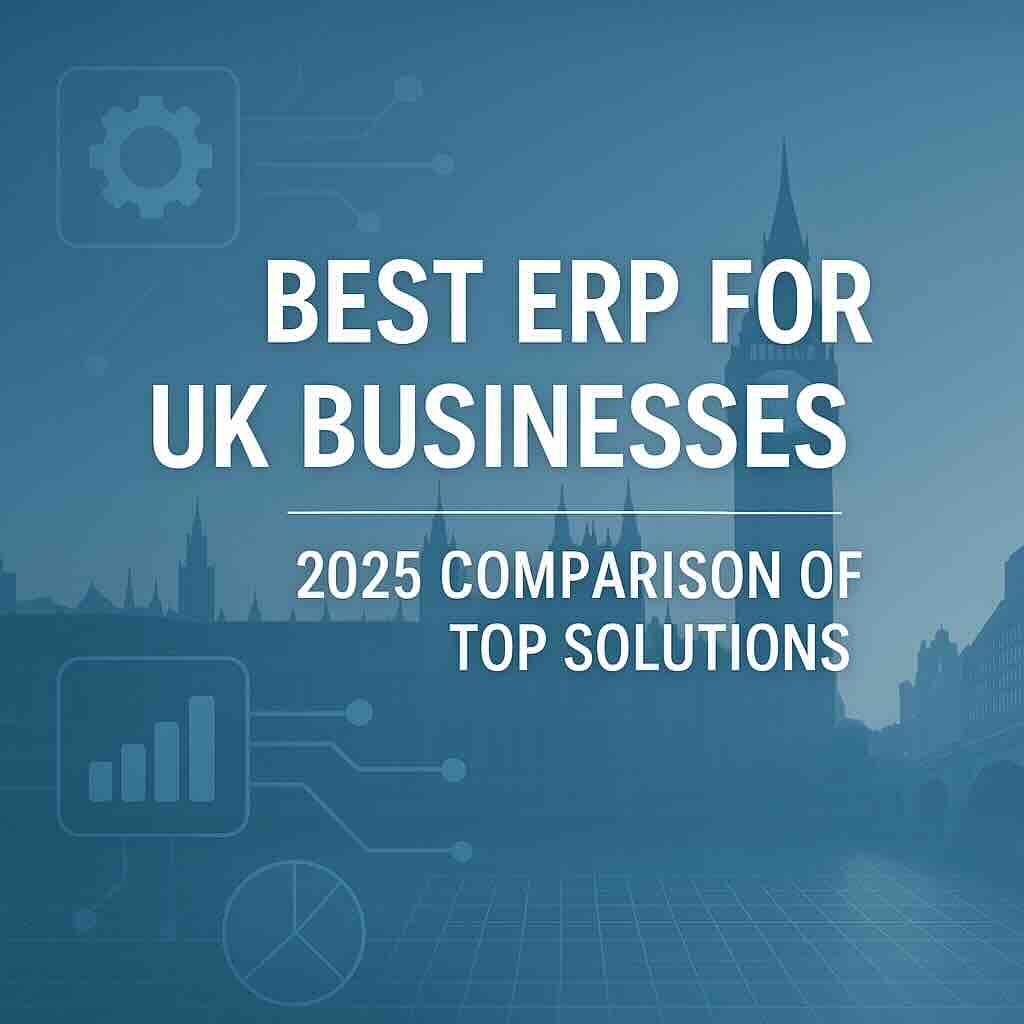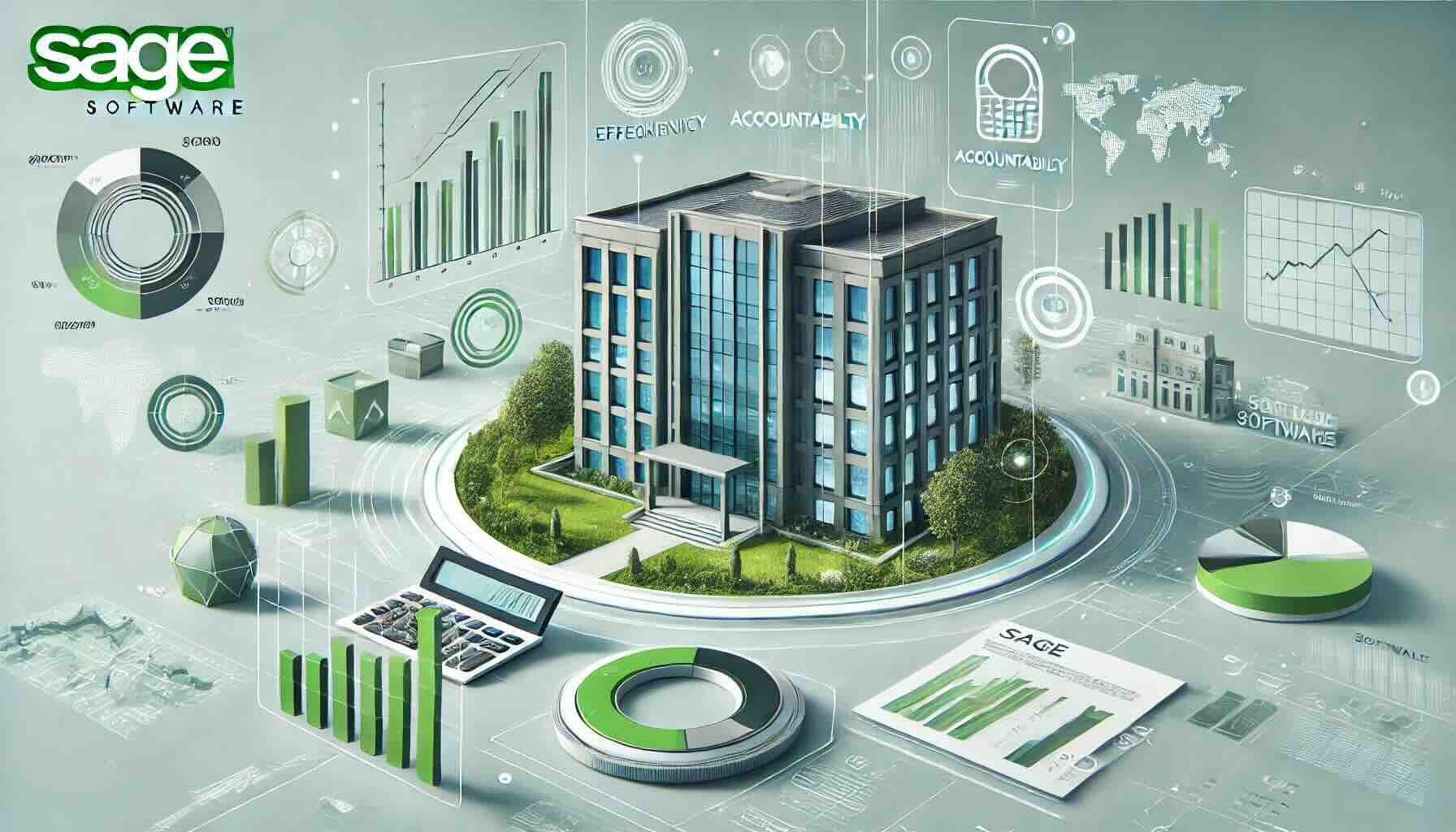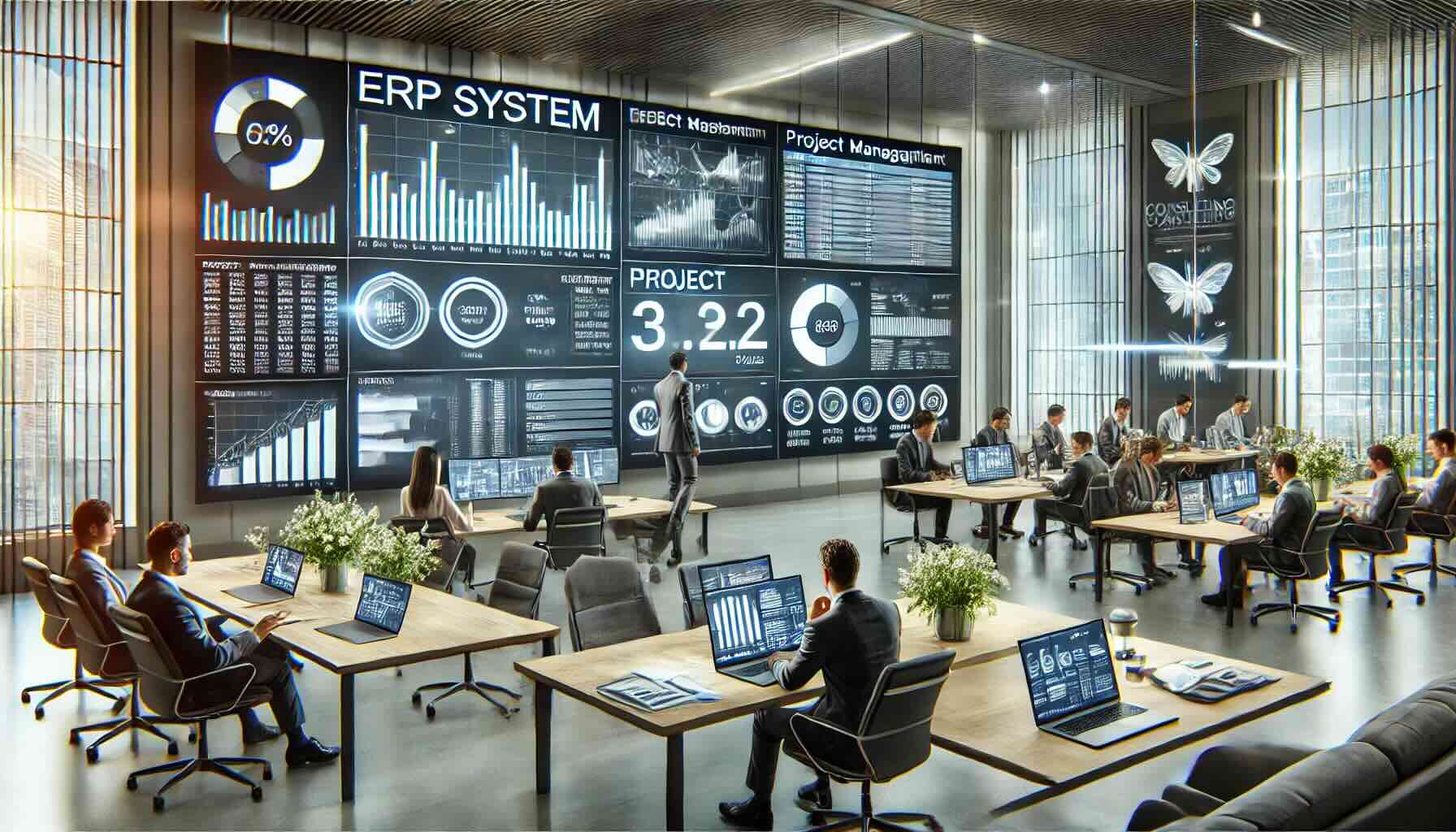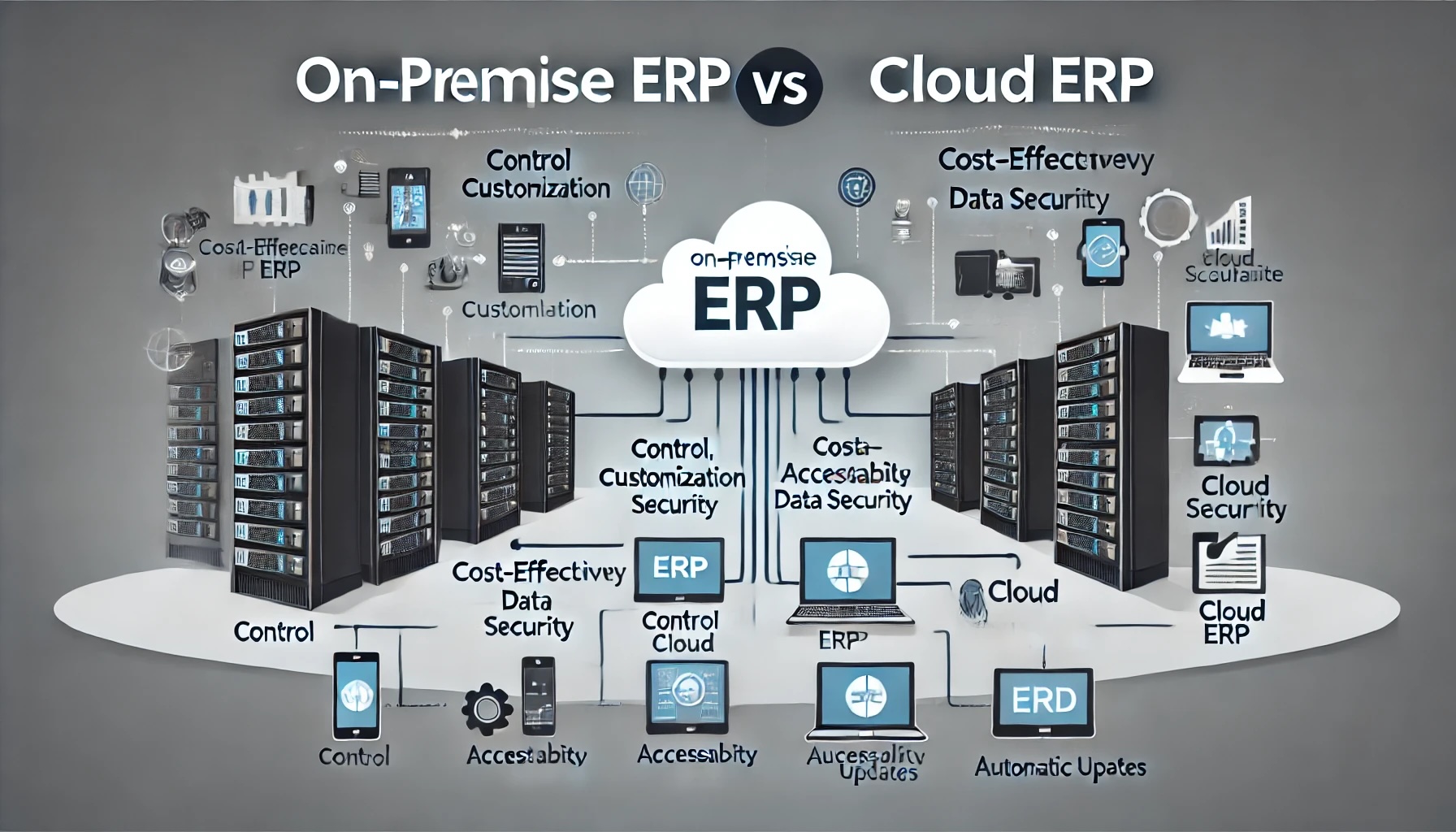How ServiceNow Can Breathe New Life into Old ERP
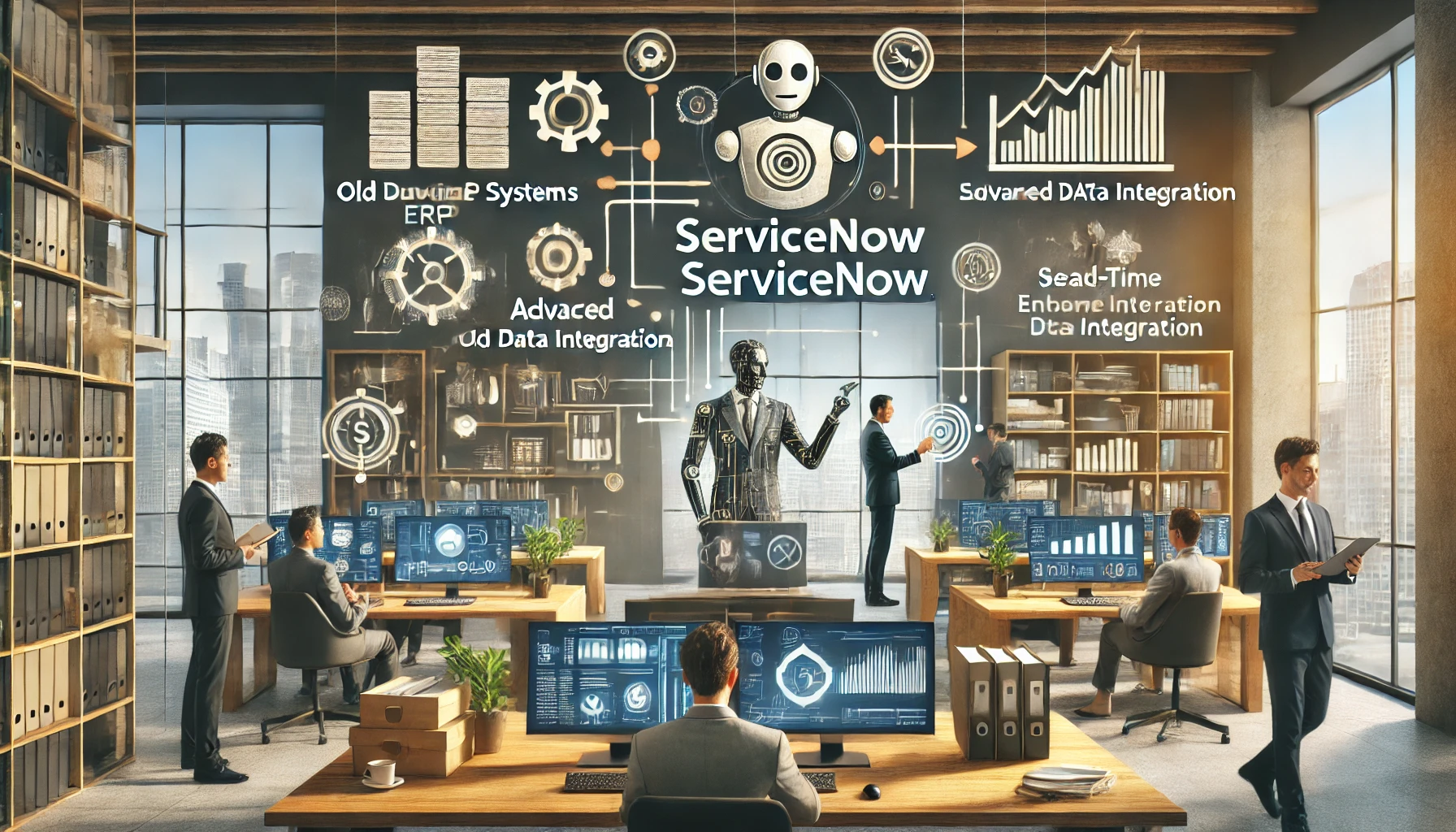
In today’s fast-paced business environment, maintaining agility and efficiency is paramount. Many organizations rely on Enterprise Resource Planning (ERP) systems to manage critical business processes. However, as these systems age, they often become cumbersome, inefficient, and unable to meet the evolving needs of the business. Enter ServiceNow, a platform that can breathe new life into old ERP systems, enhancing their capabilities and extending their usefulness. This blog explores how ServiceNow can revitalize outdated ERP systems, ensuring they remain valuable assets rather than becoming liabilities.
Understanding the Challenges of Aging ERP Systems
ERP systems are integral to managing various business operations, from finance and human resources to supply chain management. However, legacy ERP systems often face several challenges:
- Lack of Flexibility: Older ERP systems are typically rigid and difficult to customize, making it challenging to adapt to new business requirements or integrate with modern applications.
- Complexity and Maintenance: Maintaining and upgrading legacy ERPs can be costly and time-consuming, often requiring specialized skills.
- User Experience: The user interfaces of older ERPs can be outdated, leading to poor user adoption and decreased productivity.
- Data Silos: Legacy systems often operate in silos, making it difficult to access and analyze data across the organization.
How ServiceNow Enhances Legacy ERP Systems
ServiceNow, a leading cloud-based platform, offers a range of solutions that can enhance and extend the functionality of existing ERP systems. Here’s how:
- Integration Capabilities: ServiceNow excels in integrating disparate systems, enabling seamless data flow between the legacy ERP and other business applications. This integration eliminates data silos, providing a unified view of business processes and enhancing decision-making capabilities.
- Process Automation: One of ServiceNow’s strengths is its robust automation capabilities. By automating routine tasks and workflows, ServiceNow can significantly reduce the manual effort required to maintain and operate legacy ERP systems. This not only improves efficiency but also reduces the risk of human error.
- Enhanced User Experience: ServiceNow offers modern, intuitive user interfaces that can overlay legacy ERP systems, improving user adoption and productivity. This enhancement allows employees to interact with the ERP system more effectively, reducing training times and increasing overall satisfaction.
- Scalability and Flexibility: ServiceNow is built on a scalable cloud platform, allowing businesses to easily adapt to changing needs without the extensive customization required by legacy ERPs. This flexibility ensures that the ERP system can grow and evolve alongside the business.
- Real-Time Analytics and Reporting: With ServiceNow, businesses can leverage advanced analytics and reporting tools that provide real-time insights into business operations. These tools enable organizations to make data-driven decisions, optimize processes, and improve overall performance.
Leveraging AI Capabilities with ServiceNow
In addition to its robust integration, automation, and analytics features, ServiceNow brings powerful AI capabilities to the table. These AI features can significantly enhance the functionality of legacy ERP systems:
- Predictive Analytics: ServiceNow’s AI-driven predictive analytics can help organizations forecast trends and make proactive decisions. This capability is particularly useful in financial planning, inventory management, and customer service, where anticipating future needs can lead to better resource allocation and improved service delivery.
- Intelligent Automation: AI can automate complex workflows that were previously manual and time-consuming. For example, AI-powered bots can handle routine queries, freeing up human employees to focus on more strategic tasks. This intelligent automation enhances productivity and reduces operational costs.
- Natural Language Processing (NLP): ServiceNow’s NLP capabilities allow for more intuitive interactions with the ERP system. Users can interact with the system using natural language, making it easier to retrieve information and perform tasks without needing extensive training.
- Anomaly Detection: AI can monitor ERP systems for unusual patterns and detect anomalies in real-time. This is crucial for identifying potential fraud, errors, or inefficiencies early, allowing organizations to take corrective action swiftly.
Real-World Applications of ServiceNow with Legacy ERPs
Several organizations have successfully integrated ServiceNow with their legacy ERP systems, reaping significant benefits. For example:
- Improved IT Service Management: A global manufacturing company integrated ServiceNow with its outdated ERP to streamline IT service management. The integration enabled automated incident management, faster resolution times, and improved user satisfaction.
- Enhanced Financial Operations: A financial services firm used ServiceNow to automate and optimize its financial workflows, integrating with its legacy ERP system. This integration resulted in more accurate financial reporting and reduced processing times for financial transactions.
- Optimized Supply Chain Management: A retail giant implemented ServiceNow to enhance its supply chain operations, connecting its legacy ERP with modern inventory and logistics systems. The integration provided real-time visibility into the supply chain, reducing stockouts and improving delivery times.
The Future of Legacy ERP with ServiceNow
As businesses continue to evolve, the need for agile, efficient, and scalable systems becomes increasingly important. ServiceNow offers a viable solution for breathing new life into legacy ERP systems, ensuring they remain relevant and valuable. By leveraging ServiceNow’s integration, automation, and analytics capabilities, organizations can overcome the challenges of aging ERPs and unlock new levels of performance and efficiency.
Moreover, the addition of AI capabilities transforms the potential of ERP systems even further. Predictive analytics, intelligent automation, NLP, and anomaly detection are not just enhancements but revolutionary changes that redefine how ERP systems can be used. These AI-driven features ensure that the ERP system is not just a passive tool but an active participant in business operations, providing insights, automating tasks, and identifying issues before they become problems.
Conclusion
Revitalizing legacy ERP systems with ServiceNow is not just about extending the life of existing investments; it’s about transforming these systems to meet the demands of the modern business environment. With ServiceNow, businesses can integrate disparate systems, automate processes, enhance user experiences, and gain real-time insights, ultimately driving greater efficiency and agility. In a world where technology and business needs are constantly evolving, ServiceNow provides the tools necessary to keep legacy ERP systems in step with the times. By incorporating AI capabilities, ServiceNow not only enhances but revolutionizes how businesses interact with their ERP systems, ensuring they remain a cornerstone of operational success in the digital age.
